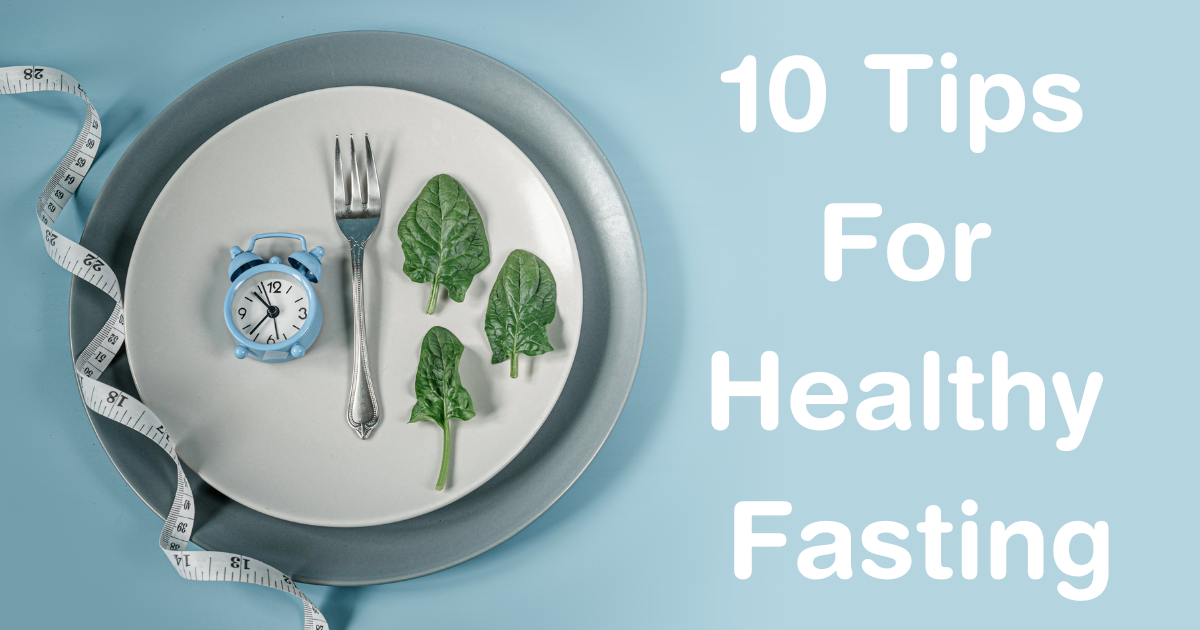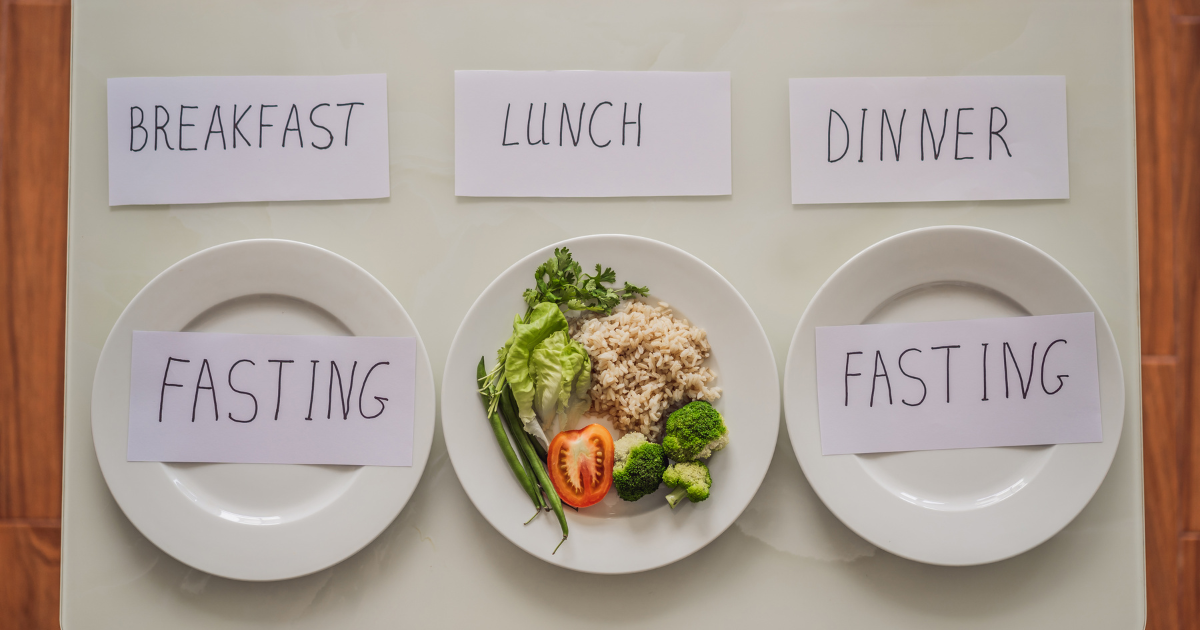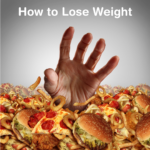Therapeutic Fasting
One common eating strategy is known as “intermittent fasting,” and it consists of alternating times of fasting and eating throughout the day or week. This form of fasting has been shown to promote hormone balance and cellular function, which can have positive effects on health as a whole. Follow an 8-hour eating window and a 16-hour fast for optimal results.
By practising water fasting, you limit your intake to just water for the duration of your fast. This form of fast has been associated with weight loss and enhanced mental clarity, but it should be done with caution because to the potential for severe negative effects if not practised correctly. If you’re pregnant or have a medical issue, you should talk to your doctor before starting a water fast.
Juice fasting is a form of intermittent fasting in which you consume no solid food during your fasting window other than juices. The cleansing and detoxifying effects of a juice fast are complemented by sufficient energy for normal daily activities like walking and mild exercise, so you can get the most out of your fasting experience.
Tip 1: Meet a Doctor or Medical Professional
The number one piece of advice is to see a medical professional. If you are pregnant, have a chronic health condition, or are taking medication, you should talk to your doctor before starting a fasting programme. Talk to your doctor about which fasting method is most appropriate for your condition and health goals. They may also be able to advise you on the best vitamins and nutrients to take before, during, and after the fast to maintain your health.
Dehydration, electrolyte imbalances, and other medical concerns may emerge from not eating enough, so it’s important to get your doctor’s opinion on whether water fasting is good for you. Your doctor may recommend an other method of fasting, such as intermittent fasting, if they determine that this one is not healthy for you. The bottom line is that you should see a doctor before beginning any kind of restricted diet to make sure it will help rather than hurt your health.
Tip 2: Take it Easy at First
The second piece of advice is to take things slowly at first. It is best to gradually reduce food intake at the outset of a fasting lifestyle. If you start off with an overly restrictive diet or exercise plan, you may experience emotions of deprivation and have trouble maintaining your motivation.
For starters, try intermittent fasting, which is eating only at specific times of the day or eating fewer meals per day (for example, only eating between 12pm and 8pm). Fasting can be difficult at first, so it’s best to ease into it by doing shorter fasts of no more than 24 hours at a time. Last but not least, if you’re fasting for health reasons, you shouldn’t substantially cut your calorie consumption. As you make this way of life shift, tune in to your body and give it time to acclimatise.
Tip 3: Sustaining a high water intake
Maintaining excellent health, especially during a fast, necessitates regular use of water. Consuming a lot of water during the day is a great way to maintain your body’s hydration and energy levels. Being hydrated is crucial since dehydration can bring on headaches, dizziness, and exhaustion, all of which are unpleasant experiences.
Maintaining mental clarity and focus during a fast can be achieved by drinking enough of water. Keep hydrated by drinking at least eight glasses of water every day. Electrolytes and minerals like magnesium and potassium can be added to water for added hydration support. Water’s flavour can be enhanced by adding lemon juice or cucumber slices.
Tip 4: Fuel Your Body With Good Nutrients
If you’re trying to improve your health, fasting is a great time to eat well. To begin, focus on eating whole, minimally processed meals such fruits, vegetables, lean proteins, and grains. Vitamins, minerals, fibre, and other vital nutrients from these foods will assist sustain your body during fasting. You should also try to cut back or eliminate refined carbohydrates (like white bread) and bad fats from your diet (like trans fats).
During times of fasting, eating these foods can make it more difficult for the body to absorb nutrients for energy. Focus on eating a wide variety of fresh fruits and vegetables throughout the day, and try to incorporate lean proteins like eggs or fish once a day, to maximise the benefits of your fasts. Whole grains like quinoa and oats are a great way to get more fibre and essential micronutrients into your diet without adding a lot of extra calories, and they can help you feel full for longer.
Tip 5: Get in some regular exercise
If you want to keep your body and mind in good shape during fasting, exercising consistently is a must. The greatest exercises to do while fasting are those with a moderate intensity, such strolling, stretching, and yoga. Extreme exercise routines are not recommended because they might lead to fatigue and dehydration. In addition, it is crucial to pay attention to your body and take days off when you need them.
While fasting, physical activity can assist produce endorphins that improve mood and give you energy, allowing you to devote more time to other areas of your spiritual practise, including meditation and prayer. Moreover, exercise can help regulate appetite, reducing the intensity of hunger feelings during fasting. Last but not least, working out raises metabolism, which facilitates the breakdown of fat for fuel during prolonged fasts.
Tip 6: Keep an Eye on Your Blood Sugar
Keeping tabs on your blood sugar is a vital aspect of any fasting routine. You can control the length and severity of your fasts by monitoring your glucose levels, so you always feel nourished even when you’re not eating. You should use a dependable glucometre or other testing kit to keep track of your blood sugar levels.
You should be able to rely on the results, thus it should be simple to operate and give reliable readings. It is also recommended to check blood sugar levels before meals, after meals, during fasting, and after a fast. This will teach you how your body reacts to fasting and inform future fasting choices. In conclusion, if you’re worried about your blood sugar levels while fasting, it’s a good idea to talk to a doctor or other healthcare expert if you see anything unusual.
Tip 7: Stay away from the Extremes of Fasting
Not eating for three days or more is considered an extreme fast that can cause more harm than good. As a result, the body may become dehydrated and nutrient-depleted, hindering its capacity to heal itself and recover after activity. Consuming a variety of nutrient-dense foods in moderate amounts throughout the day is a healthier strategy. Research has indicated that fasting, at least to some extent, can be beneficial to health, but that severe fasting is harmful.
Fasting for brief periods of time (12-14 hours) may help boost fat burning, which can aid in weight loss; however, if you are new to fasting or have any health conditions, you should proceed with caution and under medical supervision. Make sure you break your fast with healthy foods like fruits and vegetables before indulging in processed or calorie-dense foods to get the most benefits from your fast. It’s important to strike a balance between waiting too long and indulging in unhealthy bingeing after breaking your fast, which will negate any benefits of calorie restriction.
Tip 8: Choose the Right Quick Length
Consider your health, lifestyle, and degree of activity before settling on a fasting duration. If this is your first time fasting or if you’re attempting to reduce weight, try fasting for 12 to 16 hours. Flexibility in meal schedule and quantity is a benefit of this sort of intermittent fasting. Those who have had success with shorter-term fasts and who want to enhance their health and well-being may benefit from attempting a longer fast.
Choose a fasting duration that is within a realistic range; some people can go up to 24 hours without eating, while others may only wish to fast for 12 hours. Dehydration can cause dizziness, migraines, and other unpleasant side effects, so be aware of how much water you’re consuming throughout the fasting time. Finally, keep in mind how you feel as you go along and make changes as need.
Tip 9: Nutrients with electrolytes are the key to hydration
Maintaining adequate hydration during fasting is crucial for good health. Electrolyte replacement fluids are suggestion number nine. Body temperature regulation, fluid and nutritional balance, and muscle contraction are all aided by electrolytes. It’s crucial to compensate for the energy you burn and the food you don’t eat while fasting.
Drinking plenty of water throughout the day and supplementing with foods like coconut water or other electrolyte-rich liquids like bone broth or vegetable juices will help you stay hydrated when fasting. Most commercial beverages have added sugar, which isn’t advised while fasting, but you can add some sea salt to your water for increased electrolytes. Natural electrolyte replacement can also be achieved by eating foods high in potassium, such as bananas or avocados.
In general, if you want to see positive outcomes from fasting, you should aim to drink at least 2-3 litres of water each day and include some natural sources of electrolytes as well.
Tip 10: Stay the Course
The tenth and final piece of advice for successful fasting is this: stick to your plan. Making a strategy and adhering to it will help you reach your goals, even if you get sidetracked or lose inspiration along the way. Think on how often you’ll fast each week, when you’ll break your fasts, and what kind of fasting you’ll perform.
The kinds of food and liquids you intend to consume prioritising throughout your fasts. After you’ve settled on a course of action, it’s important to do everything you can to see it through, whatever obstacles life may throw at you. If something unexpected comes up, such an illness or an emergency, and you are unable to stick to the plan, take a break and resume when you are able to. If you follow the steps laid out in the plan, you will see better outcomes over time.
Advice From Experts
Dr. Pankaj Kumar, a weight loss specialist, agrees that fasting helps the body cleanse itself and revitalise. To fully benefit from this practise, however, it must be done in a healthy manner. Some advice he gave is as follows.
Before starting a fast, it’s important to see a doctor, as some people aren’t good candidates owing to medical issues or other risk factors. Also, know what kind of fast you’re doing; water fasting, dry fasting, and juice fasting all have different guidelines. If you’re trying intermittent fasting to lose weight or for health reasons, it’s best to ease into it and build up carefully.
In addition, Dr. Pankaj Kumar recommends that, during any form of fast, you stay well hydrated; doing so will aid in the elimination of waste products. Although fasting can help you lose weight, it can also help you gain muscle if you eat healthy meals during your eating periods. Third, avoid exercising for extended amounts of time when you are hungry because doing so puts an unnecessary strain on the body and increases the risk of injury or exhaustion.
Conclusion
Thus, to sum up, fasting can help you reset your body and get back on track with healthy eating habits. While fasting, it is important to do so safely and efficiently in order to gain the full advantages, and the advice in this blog post can help you do just that. To get the most out of your fasting, ease into it and work up to longer and more frequent fasts. Keep yourself well-hydrated and nourished by drinking enough of water and eating nutrient-rich meals when you break your fast, and get plenty of sleep. Furthermore, it is crucial to talk to a doctor before starting a fast if you have any preexisting illnesses or take any regular drugs. Simple as they are, these guidelines for healthy fasting can make a big difference in how you look after yourself and how you feel.






